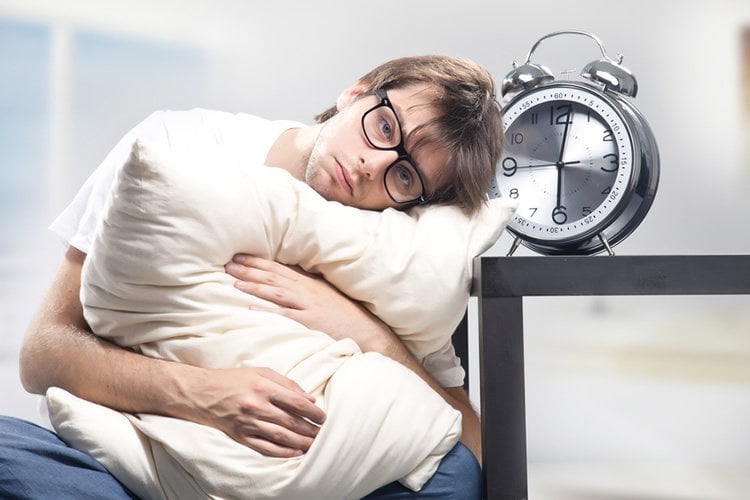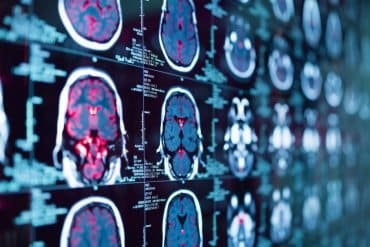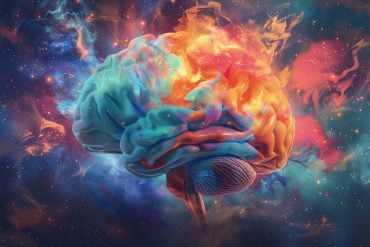Eating less late at night may help curb the concentration and alertness deficits that accompany sleep deprivation, according to results of a new study from researchers at the Perelman School of Medicine at the University of Pennsylvania that will be presented at SLEEP 2015, the 29th annual meeting of the Associated Professional Sleep Societies LLC.
“Adults consume approximately 500 additional calories during late-night hours when they are sleep restricted,” said the study’s senior author David F. Dinges, PhD, director of the Unit for Experimental Psychiatry and chief of the division of Sleep and Chronobiology. “Our research found that refraining from late-night calories helps prevent some of the decline those individuals may otherwise experience in neurobehavioral performance during sleep restriction.”
The study gave 44 subjects, ages 21 to 50, unlimited access to food and drink during the day, followed by only four hours of sleep each night for three nights. On the fourth night, 20 participants received continued access to food and drinks, while the 24 others were allowed only to consume water from 10:00 p.m. until they went to sleep at 4:00 a.m.
At 2 a.m. each night, all subjects completed a variety of tests to measure their working memory, cognitive skills, sleepiness, stress level and mood.
During the fourth night, subjects who fasted performed better on reaction time and attention lapses than subjects who had eaten during those late-night hours. In addition, subjects who ate showed significantly slower reaction times and more attention lapses on the fourth night of sleep restriction compared to the first three nights whereas study subjects who had fasted did not show this performance decline.

While countless studies associate numerous physical and mental health benefits with a healthy night’s sleep, the Centers for Disease Control Prevention reports that “insufficient sleep is a public health epidemic” in the United States, including the estimated 50 to 70 million U.S. adults suffering from sleep and wakefulness disorders.
The new study results serve as a book end to other research on the links between eating and sleep deprivation. A 2013 study from the same Penn team found that individuals with late bedtimes and chronic sleep restriction may be more susceptible to weight gain due to the increased consumption of calories during late-night hours.
The research team also includes Andrea Spaeth, PhD, and Namni Goel, PhD.
Funding: The study was supported by the National Institutes of Health (R01 NR004281, F31 AG044102); the Penn Clinical and Translational Research Center (UL1RR024134); and the Department of the Navy, Office of Naval Research (Award No. N00014-11-1-0361).
Source: Greg Richter – Perelman School of Medicine at the University of Pennsylvania
Image Credit: The image is credited to Flickr user Vic and is licensed Creative Commons Attribution 2.0 Generic
Original Research: The researchers will present their findings at SLEEP 2015, the Annual Meeting of the Associated Professional Sleep Societies, LLC in Seattle. The meeting takes place between June 6 -10, 2015. The abstracts for the meeting may be found here. The abstract associated with this research, “Effect of Short-Term Fasting on Late-Night Neurobehavioral Performance During Sleep Restriction” by A.M Spaeth, N Goel and D.F Dinges is abstract #0317.






